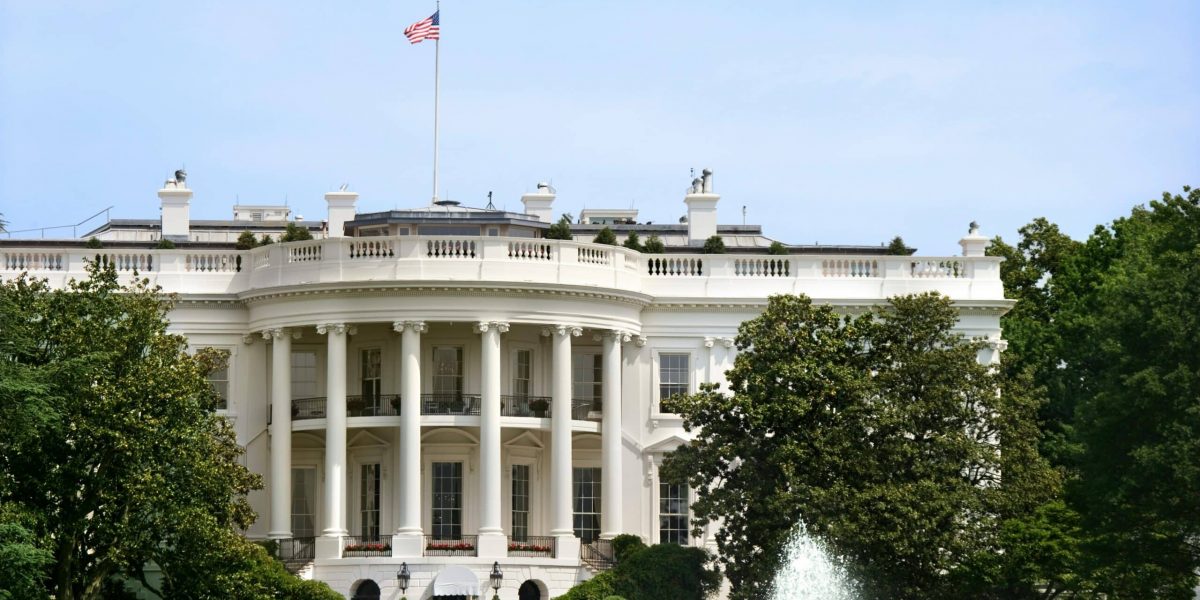The office of the presidency is one of the most influential positions in the world. American presidents not only shape the domestic landscape of the United States but also impact global politics, economics, and culture. Each leader brings their unique background, beliefs, and leadership style to the White House, leaving a legacy that reflects the challenges and triumphs of their time. By exploring the lives, presidencies, and legacies of these leaders, we can better understand their role in shaping the nation’s history.
How Did the Founding Fathers Define Leadership?
The early American presidents laid the foundation for what the office would become. George Washington, as the first president, established essential precedents, including the peaceful transfer of power and the formation of a cabinet. His leadership style emphasized unity, restraint, and service, which set the tone for future leaders. Washington’s reluctance to seek power, coupled with his vision for a united country, solidified his place as the “Father of the Nation.”
Similarly, Thomas Jefferson’s presidency marked a pivotal moment in expanding the young nation’s territory and ideals. The Louisiana Purchase in 1803 doubled the size of the United States, showcasing Jefferson’s willingness to embrace bold decisions for the country’s growth. His emphasis on liberty, education, and innovation resonated with a nation eager to define its identity.
The Founding Fathers’ presidencies underscore the importance of visionary leadership in times of uncertainty. They navigated uncharted territory with principles that continue to guide the nation today.
How Did the Presidency Evolve During Turbulent Times?
As the United States grew, its leaders faced increasingly complex challenges. The Civil War, for instance, tested the limits of presidential power and leadership. Abraham Lincoln, often regarded as one of the greatest American presidents, led the nation through its darkest hour. His commitment to preserving the Union and abolishing slavery redefined the purpose of the presidency. Through the Emancipation Proclamation and his leadership during Reconstruction, Lincoln demonstrated how the presidency could be a force for justice and unity.
Later, during the Great Depression and World War II, Franklin D. Roosevelt reshaped the presidency once again. FDR’s New Deal policies addressed unprecedented economic hardships, while his fireside chats brought comfort to millions of Americans. His ability to inspire hope and enact sweeping reforms highlighted the evolving role of the president as both a policymaker and a national figurehead.
Presidents like Lincoln and Roosevelt demonstrated that effective leadership often requires bold decision-making and empathy during crises. Their presidencies remind us that the office is not just about governing—it’s about inspiring resilience and fostering unity.
What Modern Challenges Have Shaped Recent Presidents?
In the modern era, American presidents face a rapidly changing world shaped by technology, globalization, and shifting societal values. John F. Kennedy’s presidency marked a new era of charisma and media influence. His famous call to action—”Ask not what your country can do for you; ask what you can do for your country”—captured the spirit of civic duty and optimism during the 1960s. Kennedy’s handling of the Cuban Missile Crisis demonstrated the importance of diplomacy in a nuclear age.
Fast-forward to the late 20th century, and Ronald Reagan brought a renewed focus on conservative values and economic reform. Dubbed “The Great Communicator,” Reagan’s ability to connect with Americans helped solidify his policies and redefine the role of government in citizens’ lives. His presidency highlighted the growing importance of communication skills in building public trust.
In the 21st century, the challenges of terrorism, financial instability, and public health crises have tested presidents in unique ways. Barack Obama’s presidency, for instance, symbolized a historic milestone as the nation’s first Black president. His leadership during the Great Recession and his push for the Affordable Care Act showcased a presidency focused on inclusion and reform in a polarized political climate.
Modern presidents operate in a fast-paced world where public scrutiny and technological advancements demand adaptability. Their successes and challenges reflect the complexities of leading in an increasingly interconnected society.
What Can We Learn from the Lives of American Presidents?
Exploring the lives and presidencies of American leaders reveals that each brings their own strengths and shortcomings to the role. The diversity of their backgrounds—ranging from war heroes like Ulysses S. Grant to career politicians like Joe Biden—illustrates that there is no single path to the presidency. What unites these individuals is their ability to navigate the pressures of leadership while striving to represent the ideals of the nation.
Presidents are often remembered for their ability to rise to the occasion during pivotal moments. Whether it’s Lincoln’s resolve during the Civil War, Roosevelt’s leadership during the Great Depression, or Kennedy’s vision during the Space Race, their legacies remind us of the power of perseverance and vision.
At the same time, examining the flaws and controversies of past presidents provides valuable lessons in accountability and the importance of checks and balances. From the Watergate scandal to debates over foreign policy decisions, the office of the presidency is a reminder that leaders are human, subject to the same limitations and complexities as the citizens they serve.
Why Does Understanding Presidential History Matter?
The study of American presidents is more than a look at individual leaders—it’s a reflection of the nation’s journey. Each presidency marks a chapter in the evolving story of democracy, revealing how leaders respond to the challenges of their time. By understanding their decisions, successes, and failures, we gain insight into the broader dynamics of governance and leadership.
As the role of the president continues to evolve, the lessons of the past remain crucial. They remind us that effective leadership requires not only policy expertise but also empathy, courage, and a commitment to the greater good. Whether through groundbreaking reforms or quiet resilience, American presidents have shaped the nation’s identity and charted its course for the future.








